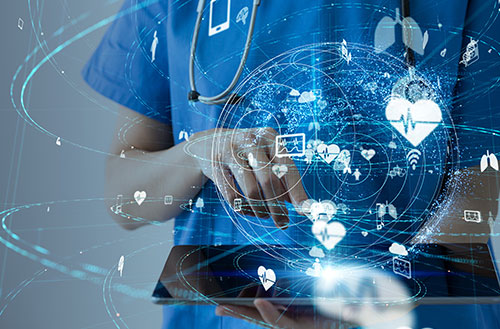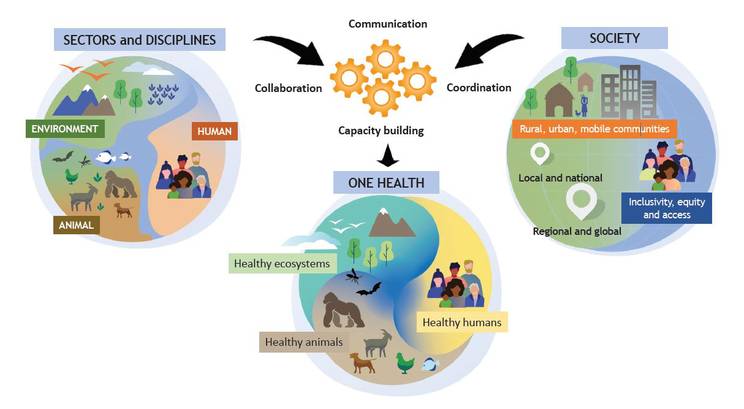
Plant-Based Flexibility Embrace the Flexitarian Diet
Introduction:
In the world of dietary trends, the flexitarian diet has been gaining traction, offering a flexible approach that emphasizes plant-based eating while allowing for occasional consumption of animal products. This dietary pattern, characterized by its focus on fruits, vegetables, whole grains, and legumes, has garnered attention for its potential health benefits and environmental sustainability. Let’s explore the principles, benefits, and practicalities of the flexitarian diet.
Understanding Flexitarianism:
At its core, the flexitarian diet is about flexibility and balance. Unlike strict vegetarian or vegan diets, which eliminate animal products entirely, flexitarianism allows individuals to tailor their eating habits to their preferences and lifestyle while prioritizing plant-based foods. This approach encourages a gradual transition towards a more plant-centric diet, with the flexibility to include meat and other animal products in moderation.
Plant-Powered Nutrition:
One of the key principles of the flexitarian diet is the emphasis on plant-based nutrition. Fruits, vegetables, whole grains, legumes, nuts, and seeds form the foundation of this dietary pattern, providing essential nutrients such as fiber, vitamins, minerals, and antioxidants. By focusing on plant foods, flexitarians can enjoy a diverse and nutrient-rich diet that supports overall health and well-being.
Health Benefits:
Research suggests that adopting a flexitarian diet





